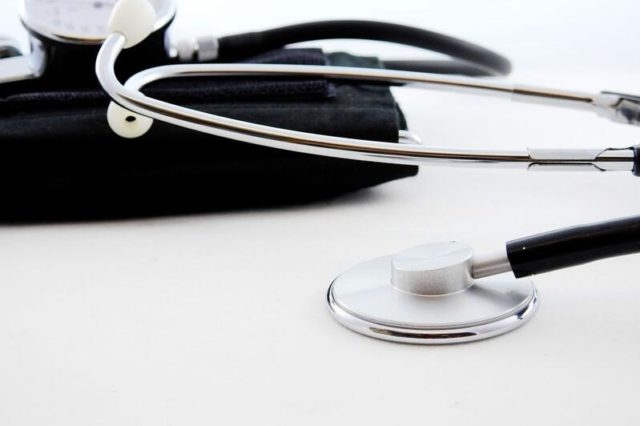The South African Medical Association (Sama) said it had noted with grave concern the conditions that health-care professionals found themselves working under during load shedding.
THE SOUTH African Medical Association (Sama) has demanded that all public health facilities be exempted from load shedding as the blackouts compromise the delivery of health care and can lead to unfortunate outcomes for patients.
Sama said it had noted with grave concern the conditions that health-care professionals found themselves working under during load shedding.
Eskom implemented Stage 6 load shedding last week, causing blackouts at more than 3,000 state-run clinics across the country that depend on the state-owned enterprise.
Sama said the blackouts were adding “salt to the wound”, given the dreadful state of public hospitals.
Sama chairperson Dr Mvuyisi Mzukwa said they believed that the overall working environment challenged the ability of health-care professionals to deliver the most basic health care. He said, in general, the health system was collapsing and this was compounded by issues regarding uninterrupted electricity supply, clean, safe water and medical supplies. He added that load shedding compromised essential emergency operations.
He said in addition, health-care professionals were dealing with additional challenges including overtime requirements, poor remuneration, being under-resourced and having poor personal security in place.
“The frustration takes its toll on the mental and physical health of health-care professionals,” said Mzukwa.
Professor Adam Mohamed, head of Internal Medicine at Charlotte Maxeke Johannesburg Academic Hospital, started a petition calling for the same load shedding exemption in Gauteng.
Mohamed said he started the petition to the Gauteng provincial government and relevant departments, calling on them to exempt all hospitals in the province from load shedding.
“In the Western Cape hospitals are already exempt from load shedding, surely the same must follow for hospitals in every province – including Gauteng.”
He added load shedding puts a strain on both hospital equipment and patients’ lives, adding that emergency surgeries could not be performed timeously because of the blackouts.
“During load shedding a hospital like Charlotte Maxeke burns through between 800 and 900 litres of diesel a day. This translates into an expenditure of between R5 million and R8 million a month – which all comes out of the provincial health budget,” he wrote.
Mohamed also said the supply of water was affected during load shedding, which he said had a direct impact on hygiene and an increase in the spread of infections. Almost 40,000 people had already signed his petition.
Public health specialist Dr Atiya Mosam supported the call for health facilities to be exempt.
“If there are places like national key points that are exempt, then hospitals where people’s lives are at stake should also be exempt. We should not be relying on hospital budgets to purchase backup power supply and fuel when that money is sorely needed for service delivery and patient care.”
The national Health Department said it was exploring various ways to ensure health services were not disrupted during rolling blackouts.
National Health Department spokesperson Foster Mohale told the SABC public health-care centres had back-up power.
On Sunday, Eskom announced Stage 3 load shedding would be implemented between midnight and 4pm until Thursday, while Stage 4 load shedding would be implemented daily from 4pm until midnight.








